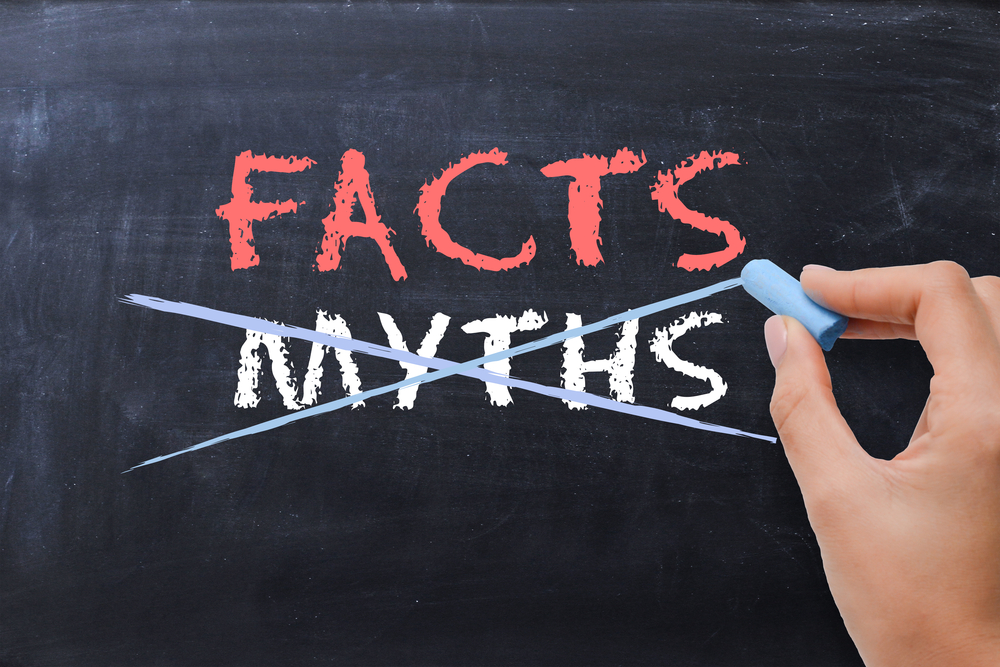Monthly Archives: April 2022
-
Continus Reading »
When it comes to themes like health and safety, having the proper information is of vital importance. This is especially true for various products or services you or your family may be considering the purchase of, such as a medical alert system for a senior or another loved one with care needs -- and one roadblock here is the presence of a few unfortunate myths surrounding these highly beneficial products and services.
At Stay Safe Alert, we're here to not only provide a wide range of clients with various medical alert systems, including bracelets, phone-based alerts and more, but also to offer robust information and data regarding the uses and benefits of our systems. We've heard all the major misconceptions out there about medical alert products, and we have the proper information to correct each of them. Here are a few of the most common, debunked with correct data.
Myth #1: Medical Alert Systems Aren't Needed
This first myth is one that's born mostly of ignorance to others' circumstances, which is part of what makes it so frustrating. Some people simply assume that with resources like 9-1-1 available, and cell phones also common, that anyone who is hurt or having an issue in their home will simply be able to reach out for help. Unfortunately, this is not always the case for many seniors in particular.
For one, many falls and other accidents happen when no one else is around, so there's no one to call 9-1-1 or otherwise provide assistance. Additionally, those with chronic conditions or who take medication that may induce dizziness or lightheadedness are also at an increased risk for falls and other accidents, again with no one around to help.
In these circumstances, a medical alert system can literally be a lifesaver, as it provides those who may not be able to reach a phone the ability to get in touch with emergency services with just the push of a button -- and in some cases, even if they're unable to press the button or speak, as our systems can also detect a fall and place the call for help automatically.
Myth #2: Medical Alert Systems Are Only for Seniors
While it's true that some seniors do find great benefits from medical alert systems, they are far from the only ones who can make use of these products. In fact, any individual with a chronic condition that could result in a fall or other accident, anyone taking medication that may induce dizziness or lightheadedness, and even young children who are home alone at times can all find great benefits from having a medical alert system in their home.
For instance, someone who isn't a senior but suffers from epilepsy or another condition that could result in a fall or seizure with no one around can find great peace of mind in knowing they have a medical alert system to help them get the assistance they need, even if they're unable to reach a phone. Other disabilities that may make reaching a phone difficult can also benefit from these systems.
Myth #3: Medical Alert Systems Are Costly and Inconvenient
This myth is two-fold, as it not only suggests that medical alert systems are expensive, but also that they're inconvenient to use. First, let's dispel the notion that medical alert systems are expensive. In reality, the cost of these systems is relatively low, especially when you compare it to the potential cost of an accident or injury without a system in place. They're also quite low when compared to the costs of assisted living programs, which many people turn to in an effort to avoid accidents and injuries.
As for the convenience factor, that couldn't be further from the truth. Many modern medical alert systems are designed to be as unobtrusive and easy-to-use as possible, with some even resembling regular pieces of jewelry like bracelets. They're also quite simple to set up and use, so there's no need to worry about any complicated instructions or procedures.
Myth #4: Medical Alert Systems Aren't Reliable
When it comes to medical alert systems, reliability is of the utmost importance. After all, if you can't rely on your system to work when you need it, then what's the point of having one at all?
Fortunately, medical alert systems have come a long way in recent years, and they're now more reliable than ever before. Newer systems make use of GPS technology to provide better coverage and more accurate location information, so you can rest assured knowing help will always be close by. Additionally, many systems now offer fall detection capabilities, so even if you're unable to press the button or speak, help will still be on the way.
Myth #5: Medical Alert Systems Involve a Long-Term Commitment
This myth is another two-fold issue, as it not only suggests that medical alert systems require a long-term commitment, but also that they're difficult to cancel if you decide you no longer need them.
First, let's dispel the idea that medical alert systems require a long-term commitment. In reality, most systems only require a short-term commitment of one to three years. And, if you decide you no longer need the system after that point, cancelling is easy and straightforward.
Additionally, many medical alert systems now offer month-to-month options, so you're not even locked into a long-term commitment if you don't want to be. This makes it easy to try out a system to see if it's right for you, without having to worry about any long-term obligations.
For more correct information on medical alert systems that debunks certain unfortunate myths, or to learn about any of our products in this realm, contact the pros at Stay Safe Alert today.
